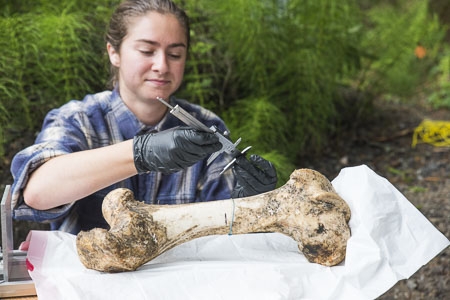
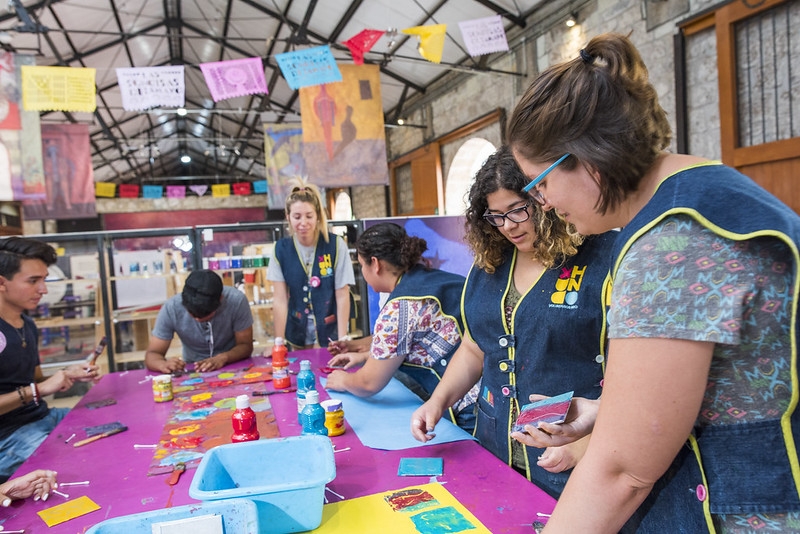
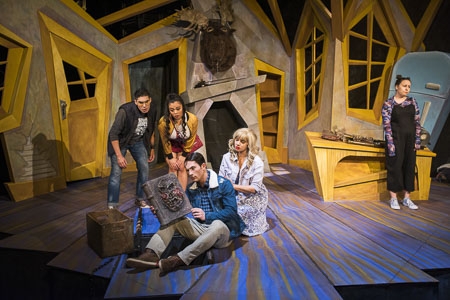
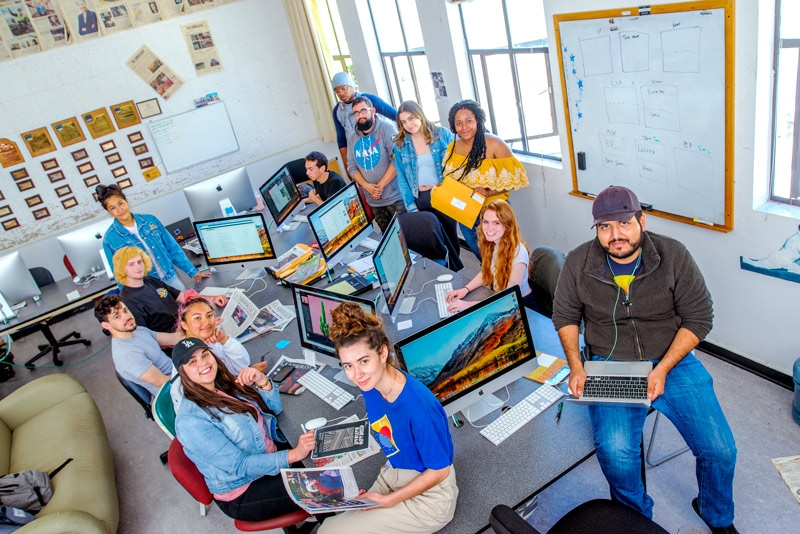
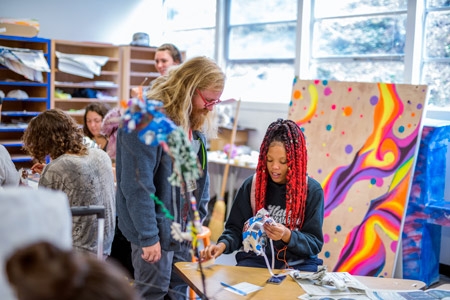
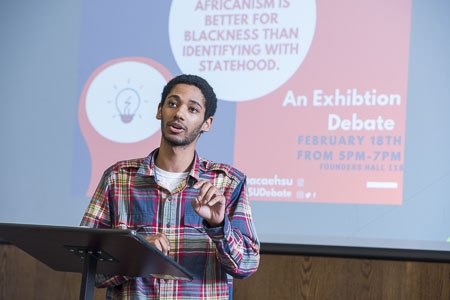
Our college is comprised of 22 undergraduate and four graduate programs which address the human condition in all of its forms: creativity and expression; personal development; societal, environmental and social justice issues; human flourishing, from multicultural perspectives within regional, national, and international contexts.
The Arts
Art; Dance; Film; Music; Theatre Arts
The Humanities
English; Communication; Critical Race, Gender & Sexuality Studies; French & Francophone Studies; International Studies; Journalism & Mass Communication; Native American Studies; Religious Studies; Philosophy; Spanish.
The Social Sciences
Anthropology; Criminology & Justice Studies; Environmental Studies; Geography, Environment & Spatial Analysis; History; Sociology; Political Science.
Graduate programs
Applied Anthropology; English; Environment & Community; Public Sociology.
Many of these academic fields are interdisciplinary: for example, Anthropology and History are both humanities and social sciences; Art is both an art and a humanities.
Together, the three branches of our college are known as the liberal arts. Liberal arts are essential for preparing students for adaptive participation in the complex life in the 21st century, including professional and career readiness.
Each program / field of study has unique perspectives, methodologies, and histories that inform personal and academic development including: understanding ourselves and society; cultivating a sense of wonder and a love of learning; cultivating critical thinking, citizenship, and career skills.
In our college, we believe the ultimate context for learning and interrogating is the interdisciplinary pathway, for no single area of study can resolve the challenges we face in the 21st century. We believe our college provides the interdisciplinary foundation for developing the knowledge and skills to best serve our communities, train our students for engaged citizenship, and achieve personal and professional growth.
Our college is student-centered, fostering student success in several ways, including exploring issues of social-justice that include diversity, equality and inclusion; valuing the perspectives and experiences our students bring to our college and classrooms; and applying classroom content to students’ lives and communities.
In addition to a bachelor’s degree, many students in our college also complete minors, and some complete certificates or double-major. Our supportive faculty would be happy to discuss academic options to find a professional pathway that’s best suited for your goals and interests.
